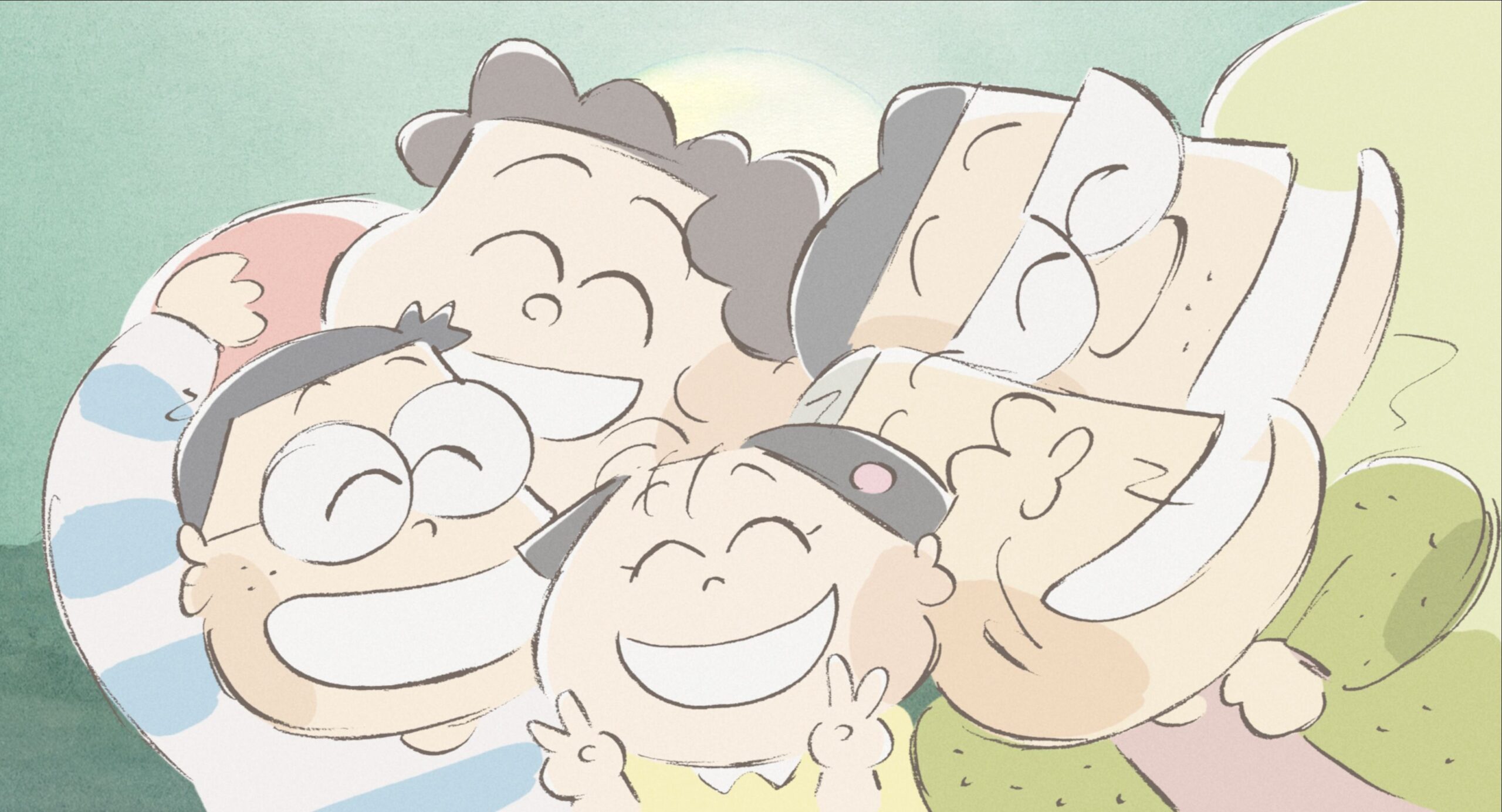10 Best Feel-Good Movies on Max
Because HBO tends to be known for its adult-oriented programming and darker original series, people may forget that the network’s library is wide enough for it to still include feel-good entertainment. Thanks to their access to some older classics and premiere exports from other countries, HBO is just as viable an option for viewers in need of a pick-me-up or in need of options for casual group viewing. So we at agoodmovietowatch have put together a list of high-quality films available on the service that might not be your obvious choices, but that should still leave you satisfied and with a smile on your face.
Jump to the top 8:
* 2 recommendations are either hidden or no longer available.
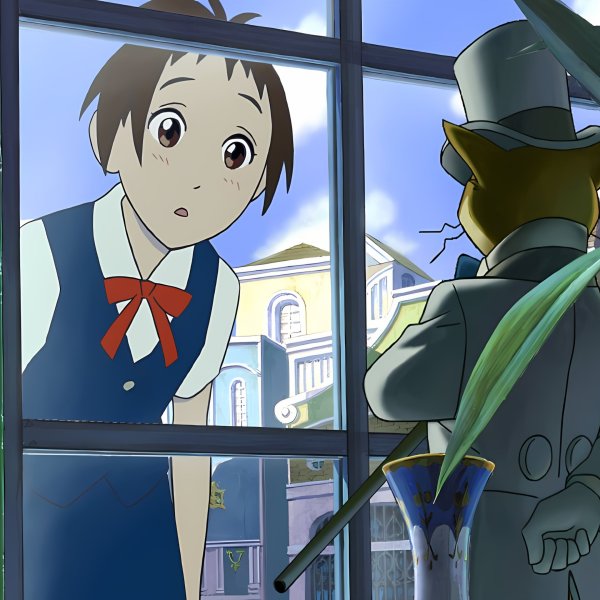
Of all the spin-offs that Studio Ghibli could make, we did not expect this cat-focused fantasy adventure based on that figurine in Whisper of the Heart. It’s a drastically different film. Unlike the contemplative slice-of-life story, The Cat Returns leans closer to what the lead of Whisper would have written, as a schoolgirl gets whisked away a la-Alice in Wonderland, albeit in a world full of bi-pedal, talking cats. It’s the kind of plot an amateur writer would create. Still, there’s something delightful about this surreal tale. As Haru gets roped into the cat kingdom’s shenanigans, her struggle to assert herself in this dream state cathartically results in her own personal growth. The Cat Returns just captures that journey with cats.
One of Studio Ghibli’s overlooked gems, My Neighbors the Yamadas is a charming anthology film about a modern-day Japanese family. The film sets itself apart from other Ghibli films through its unique doodle-like watercolor animation and its short piano themes. While the vignettes may just depict regular family conflicts, the scenes still feel compelling due to the Yamadas’ imagination of the metaphors that they use. Exaggerating the metaphors keeps the audience breathless in certain strategic moments – most notably in the wedding day speech of the mother of the bride. While not as fantastical as Ghibli’s other offerings, the completely digital My Neighbors the Yamadas finds humor in and celebrates the mundane.
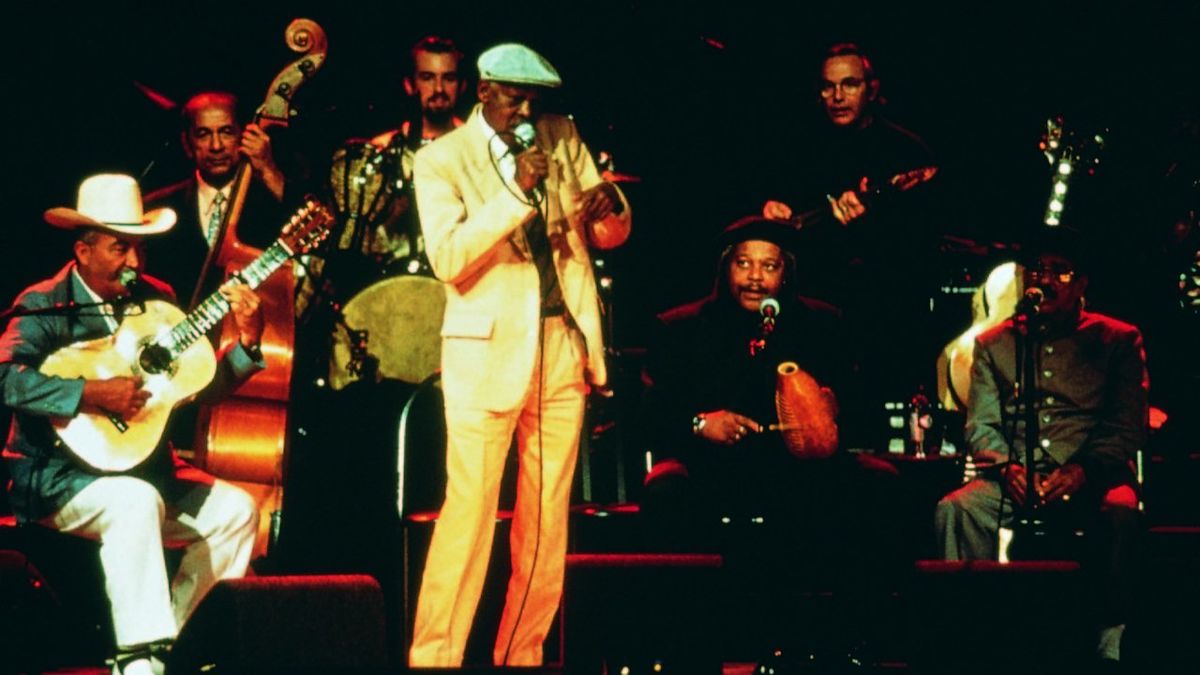
When Castro took over Cuba in the 1950s, Havana’s nightlife shifted as clubs and casinos were closed down, leading to certain traditional step-based genres like son, bolero, and danzón to decline. A few decades later, prominent American musician Ry Cooder travelled to Cuba with his friend documentarian Wim Wenders, to pay homage to traditional Cuban music in an album and its respective documentary. Wenders weaves in illuminating interviews and shots of Cuba today in between the band’s Amsterdam and Carnegie Hall performances, with a certain intuition that makes each song feel like a triumph. While the documentary does focus more on Cooder, Buena Vista Social Club is a delight to watch, even with its 90s digital grain.
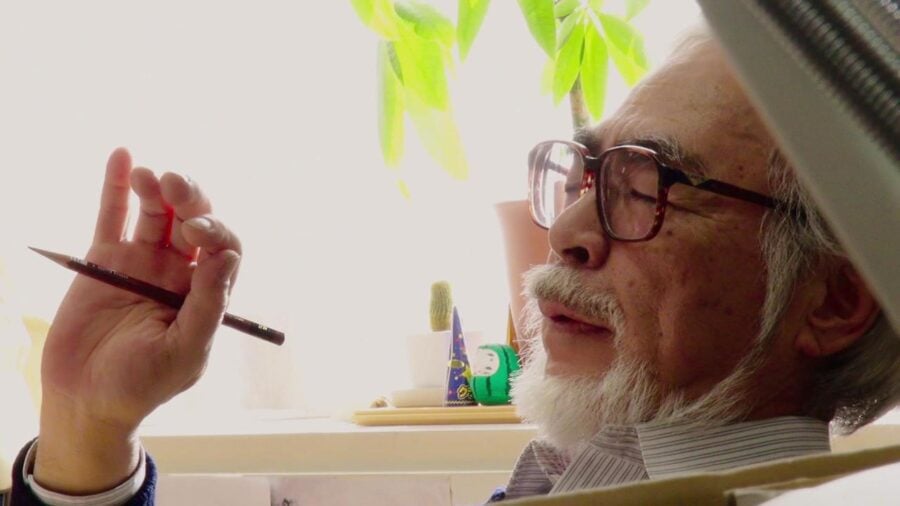
True to form, this documentary about the famed Japanese animation studio enjoys lingering in the ordinary day to day experience of working there. There’s no question that it’s of interest for fans. Documentarian Mami Sunada helpfully introduces some of the faces, the films, and the history of the company while on her visit. However, even non-fans would be intrigued by the creative process, by the mindset and philosophy revealed by their conversations. As the team works on their 2013 slate (The Wind Rises and The Tale of Princess Kaguya), the film reveals how their process pushes them to reckon with the larger scheme, willing their ideas into creation in spite of the difficult world around them. The Kingdom of Dreams and Madness is quite something to behold.
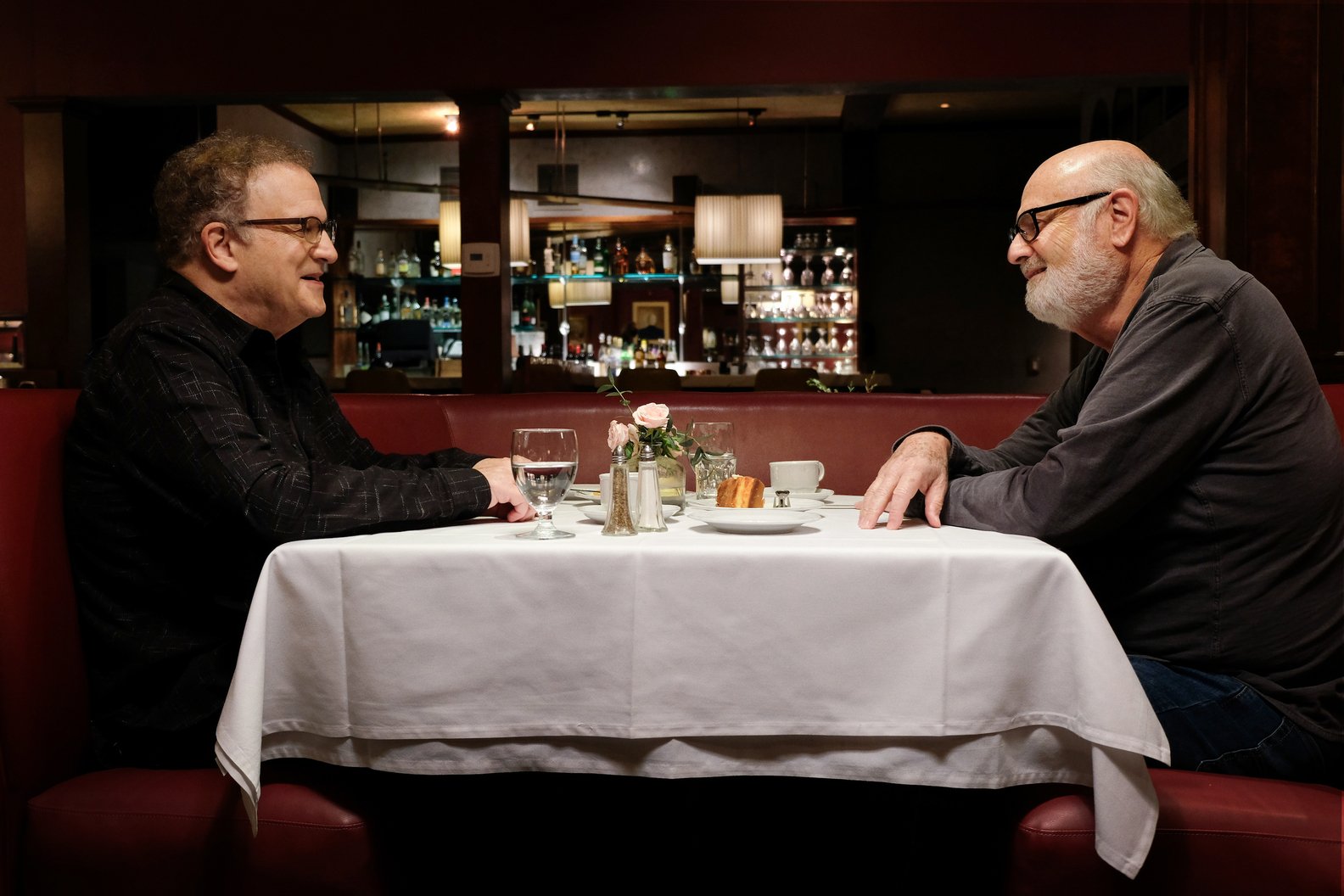
This charming documentary about one of the most brilliant, groundbreaking comedians alive strikes a delicate balance between accessible and deeply appreciative, making it both a great gateway for those yet to be uninitiated into the Albert Brooks fan club and a satisfying retrospective for us confirmed devotees. It’s directed and fronted by Rob Reiner, celebrated director himself and one of Albert Brooks’ oldest friends, and the choice is perfect: his rapport with Brooks is warm and easy, extracting real sincerity from the famously deadpan comedian-writer-actor-director.
Defending My Life features plenty of talking heads gushing about Brooks’ dazzling multi-hyphenate talents (among them Steven Spielberg and Sharon Stone), a standard convention for documentaries of this kind. But what elevates this into a portrait worthy of its subject are the scenes from a dinner shared by Brooks and Reiner, during which the former opens up about his childhood, reflects on his career, and divulges the autobiographical elements that informed his work. Their tete-a-tete flows with all the unforced rhythm of conversation between good friends; Reiner’s presence coaxes illuminating insight from Brooks, which makes watching the documentary feel as close to pulling up a seat at their table as you’d hope for. The 90 minutes just fly by.
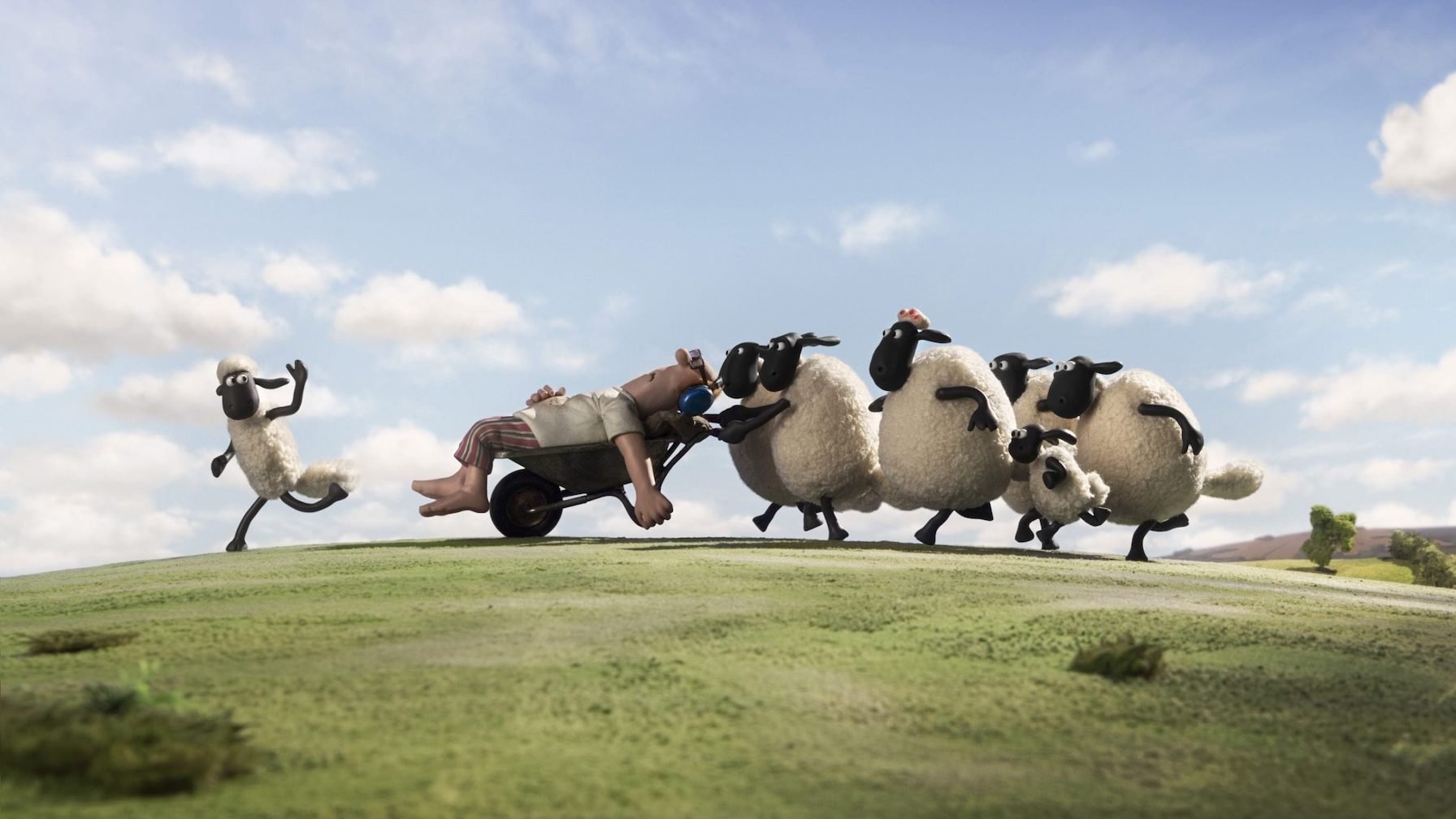
Through positively adorable characters and zero dialogue whatsoever, Shaun the Sheep Movie reminds viewers young and old of the sheer artistry that goes into a truly great children’s cartoon. Animated by British stop motion godfathers Aardman Animations, the film delivers one excellent visual joke after another, while still telling a coherent story that arrives at surprisingly tender places touching on the importance of community and home. In an animation industry that’s constantly trying to innovate, a movie like Shaun the Sheep stands as a reminder that there are certain fundamentals in storytelling that deserve to be preserved and passed down to every new generation. It’s the loveliest thing around.
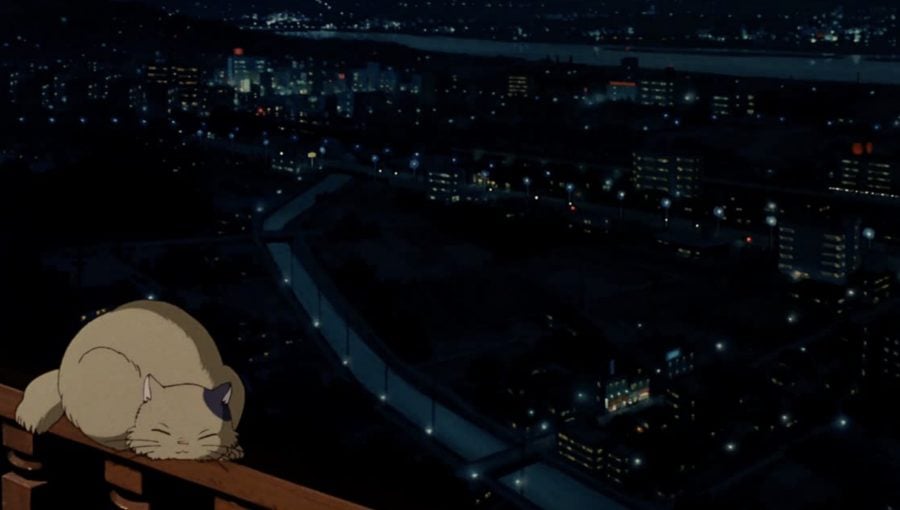
Studio Ghibli has brought us moving, remarkable animated films such as Spirited Away, My Neighbor Totoro, and Princess Mononoke. One of Studio Ghibli’s most overlooked movies is Yoshifumi Kondou’s Whisper of the Heart, which finds magic in the ordinary every day. Shizuku is a young girl with great aspirations to become a writer—the only thing stopping her is herself. When she comes across a curious antique shop, she befriends a mysterious boy and his grandfather, who are just the push she needs to look inward and discover her own artistic capabilities.
If you have ever wanted to create something bigger and better than yourself—a story, a song, a poem, a painting, a work of art—then Whisper of the Heart will excite you, will call to you, will remind you to answer your heart’s calling.
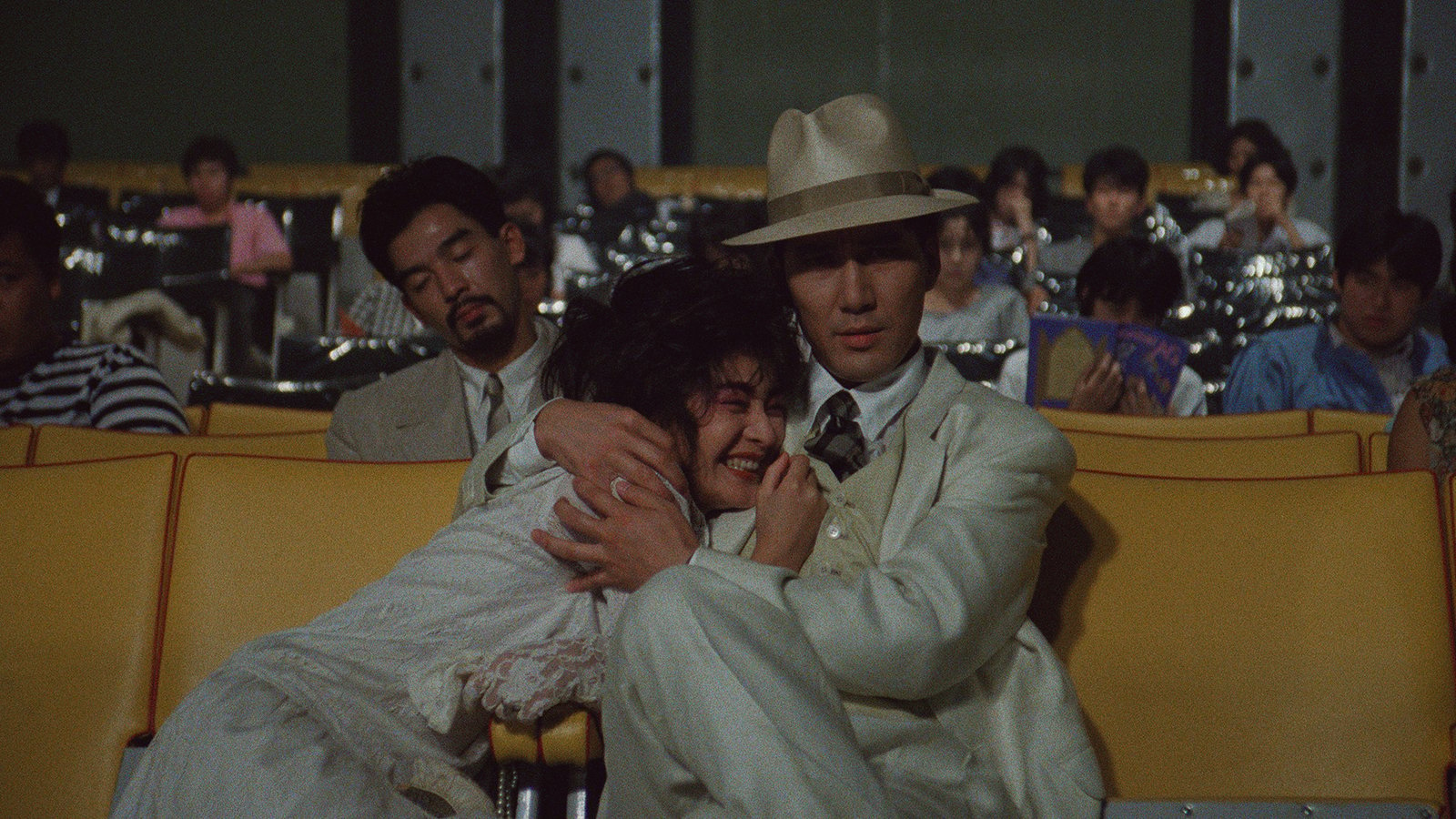
While billed as a “ramen western”, Tampopo satirizes plenty of other American genres, including, but not limited to: 1) the inspirational sports film, with Tampopo’s diligent training, 2) the erotic, arthouse drama through its egg yolk kiss, 3) the witty, social comedy pointing out the absurd in dinnertime tables, and 4) the melodramatic mafia romance with its room-serviced hotel getaway. But the film doesn’t buckle under the weight of carrying all these genres– instead, the customer vignettes are all delicately plated to balance out the hearty journey of a store owner learning about ramen and the bemused, yet cohesive contemplation about food. Tampopo is one of a kind.

